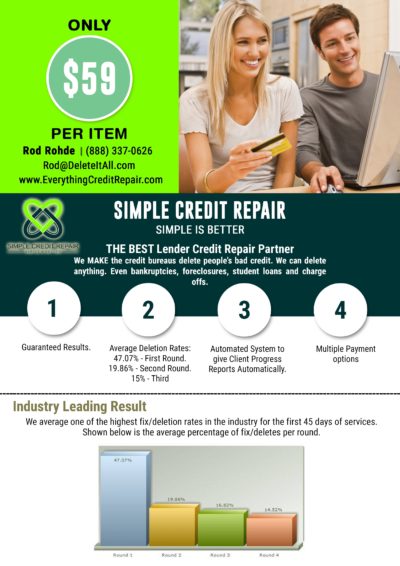Rule #1: Always respect other people’s model of the world.
You don’t have to buy into it though.
This one seems particularly important, and missing in today’s world. It goes back to one of the core tenets of NLP: Rapport.
If you have a level of rapport with someone you are communicating with, you will have a better experience. Especially if you are trying to influence them.
When you argue with people, they are only going to dig in deeper on their point of view. However, if you gain rapport they will not.
Ask yourself – “Who in the world do I trust the most?” Be super literal. No, even more literal that THAT.
You all have the same answer: Yourself. We like ourselves and trust ourselves the most. That’s why 90 years ago Dale Carnegie said that our own names is the sweetest song that any of us hear.
Since we like and trust ourselves, we are more likely to trust things/people just like us. The reason for that is another groundbreaking concept that came from NLP: The idea of assuming positive intent. We like and trust ourselves because we assume positive intent. We assume that all of our actions are rooted in the idea that the things we do are with, at least, the intention of positive impact to our lives.
The concept of assuming positive intent is at the core of Respecting the other person’s model of the world. I think many people have forgotten that it IS possible to listen to an opposing view to yours and simple choose to not agree. And it IS possible to do it quietly in your own head.
But here is the thing that most people don’t consider when thinking about the people that they disagree with: If you were born exactly the same time as that person, to the same parents, and lived the exact same life and experiences and influences — you MIGHT just think the same way.
We are all just doing the best we can. If you can at least to think from a higher level about that other person’s model of the world you might get some insight into why they think that way. If you can disconnect from your own experience a bit, you might even find some options of how THAT PERSON thinks this model is serving them.
We are later going to learn that the person with the most flexibility in a system will generally control it. So, if you can connect with that person at the level of where they think their model of the world is serving them, you might actually gain rapport and have a chance to influence them to see things a different way. If they see things enough different ways, one of them might be your way.


